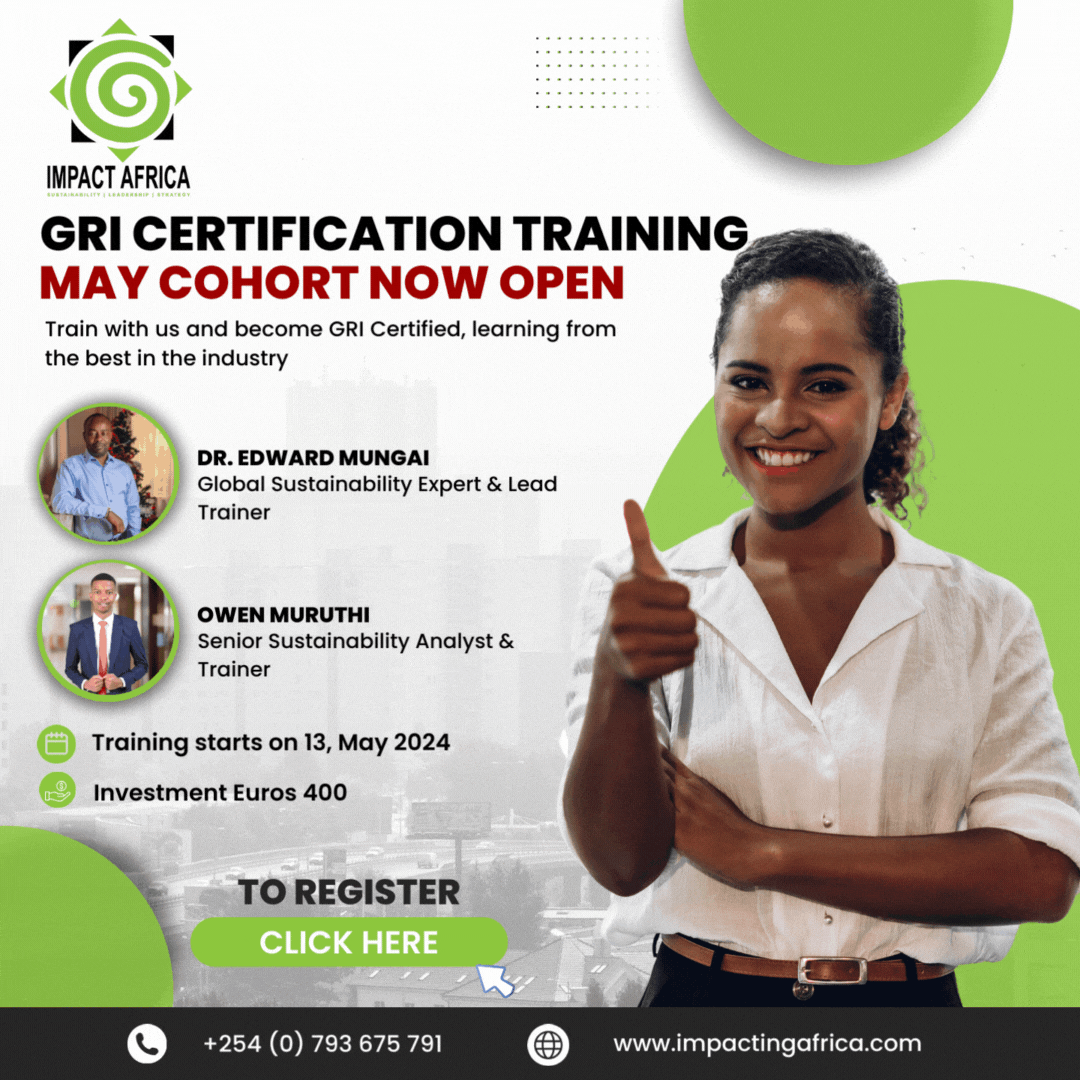Since 2015, when the United Nations established the sustainable development goals, the development community has been excited and energized but also a little bit weary. While the ambition contained within the sustainable development goals are high, the challenges are vast. For example, industrial revolution driven by rapid technological advances has the potential to change everything. While there would be undoubtedly new growth, benefits, and opportunities, the impact on the world’s ecosystem could be disastrous. To curb these challenges, one thing is for sure- all sectors, government, business, civil society or academia; must work together. Businesses, with their capacity to increase accountability, can play a critical partnership role.
Companies are increasingly expected to partner with other organizations to address social and environmental problems while at the same time be profitable. Collaborations and strategic partnerships are fundamental to improving business outcomes. For instance, SEED South Africa and the Independent Development Trust (IDT) have partnered to work towards promoting green entrepreneurs and building a closer relationship between government and policymakers. This ensures businesses make profits while at the same time put sustainability at the forefront of company decisions.
Strategic partnerships benefit everyone: businesses, employees and customers. Businesses can broaden their relevance and increase their addressable market; customers benefit from the strengths and offerings each organization brings to the table; employees can expand their development opportunities by being exposed to new perspectives and expertise. This will deepen ties between businesses hence ensuring longevity and allows companies to offer services and solutions that help customers and other businesses become more successful.
Traditional organizations such as banks and government agencies are partnering with newer players, startups, and entrepreneurs. The KCB Foundation through the 2jiajiri Programme has partnered with BIDCO Africa limited to support thousands of entrepreneurs annually with training, technical support and market linkages. KCB foundation does the technical capacity building and Bidco provides the guaranteed markets for the entrepreneurs’ products across value chains. This has expanded services, increased profits and built trust with their customers.
Strategic partnerships have enabled teams to bring out the best of their talents and strengths forward. Every person and every business has a unique strength, so honing your partnership strategies to play to those strengths brings out the maximum benefits. It is rewarding to see how by doing so, businesses can generate functional and creative solutions.
For a partnership to succeed an emphasis on clear communication between partners is essential. Leverage internal communication and collaboration channels when working on Partnerships within your organizations. For external partnerships, in-person meetings can go a long way in developing a solid working rapport. Open and effective channels of communication between members of the partnerships will ensure there are no misaligned expectations between parties.
Big breakthroughs and progress cannot happen in silos. Working collaboratively with partners- within an organization as well as within your ecosystem to solve different challenges will generate the kind of energy that fuels growth, innovation, and creativity. In today’s fast-paced environment, the “do-it-alone” approach is not the best strategy for growth. Companies that initially grew organically need to look for new ways to drive collaborative innovation that delivers on what their customers need today and in the future.



